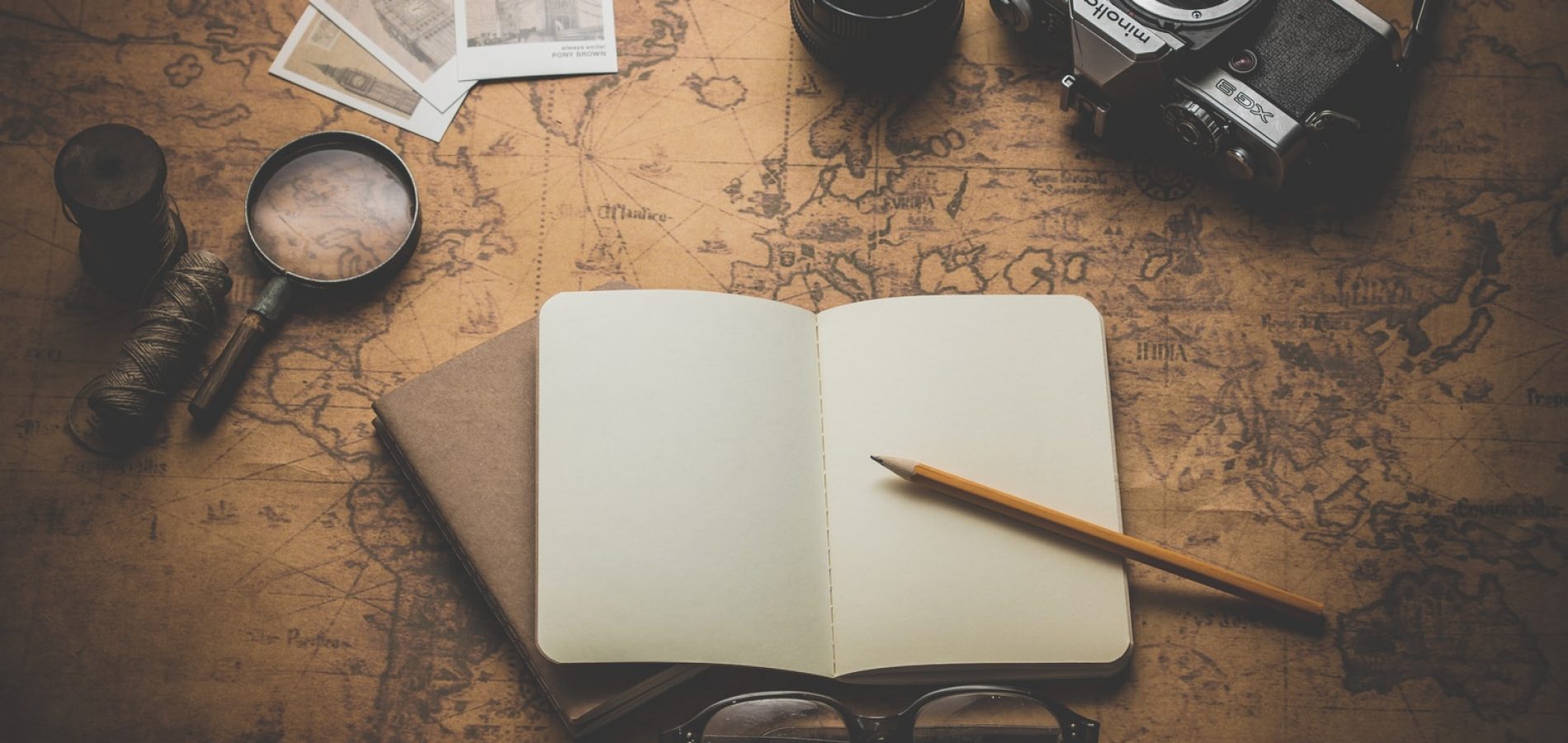
Travel Tips
Travel Tips
General Travel Tips
Obtaining Visa
With effect from 1st January 2012, all Holiday or Business travelers to Sri Lanka must have Electronic Travel Authorization (ETA) for entering in to Sri Lanka. Please visit www.srilankaevisa.lk for more information. When applying ETA by third parties payments are to be made through the arrangement made in our website www.srilankaevisa.lk and obtain acknowledgement of ETA application. Any payments made to other websites or agencies are not valid to process a valid ETA. Therefore, always ensure that the payments made by accessing to Sri Lanka ETA website and avoid making repayment at the port of entry to Sri Lanka
Custom Imports
You are allowed to bring into the country duty free 1.5 litres of spirits, two bottles of wine, a quarter-litre of toilet water, and a small quantity of perfume and souvenirs with a value not exceeding US $250. The import of personal equipment such as cameras and laptop computers is allowed but must be declared on arrival. However, personal equipment must be taken out of the country upon the visitor.s departure. The import of non-prescription drugs and pornography of any form is an offence.
Health Precautions
The health risks in Sri Lanka are different to those encountered in Europe and North America. Watch out for bowel diseases such as diarrhoea and amoebic dysentery, vector borne diseases such as malaria and dengue fever, and a variety of fungal infections. Sri Lanka.s physicians, though, many of whom have trained in the West, are particularly experienced in dealing with locally occurring diseases.
Photography Restrictions
There are some important restrictions that apply to photography regarding Buddhist imagery. When you visit a temple or other religious site, remember that photography should not be carried out in a manner causing disrespect. For instance, it is strictly forbidden to be photographed in front of or beside any statues and murals. Note that flash photography can damage old murals.
Safety
In general the threats to personal security for travellers in Sri Lanka are remarkably small. It is more pleasant to travel with a companion as it is advised not to travel alone especially after dark. The island including the North and East is safe to visit. If you have anything stolen, report it to the tourist Police, ( a special tourist police set up to look after the needs of the tourists. Contact tel Number + 94 11 2382209
Time Difference
Sri Lanka Standard Time is five and a half hours ahead of GMT. (Allowance should be made for summer-time changes in Europe.)
Photo Permits & Entrance Charges
Sri Lanka is a photographer’s delight. However, permits are required before you can take photos at certain sites. Entrance tickets to individual sites are available only from 6 a.m. to 10 a.m. These tickets cover charges for photography, recording and parking.Rates are quoted in US Dollars and rupee parities are subject to fluctuation.
Foreign Currency Regulations
Visitors to Sri Lanka bringing in more than US$10,000 should declare the amount to the Customs on arrival. All unspent rupees converted from foreign currencies can be re-converted to the original currency on departure as long as encashment receipts can be produced.
Before You Arrive
No inoculations are compulsory unless you are coming from a yellow fever or cholera area. (Cholera is very occasionally reported in Sri Lanka, so is not considered a serious risk.) However, the following vaccinations are recommended, particularly if you plan a long trip or intend visiting remote areas:
Typhoid (monovalent), Polio, Tetanus, Hepatitis A, Hepatitis B, Rabies
Children should, in addition, be protected against:
diphtheria, whooping cough, mumps, measles, rubella
Remember to plan well ahead with vaccinations. Allow up to six weeks to receive the full course, for some vaccinations require more than one dose, and some should not be given together.
The risk of malaria exists throughout the whole country apart from the districts of Colombo, Kalutara and Nuwara Eliya. Medication has to start one week prior to travel, continue during the trip, and finish four weeks after your return. Once again, planning is essential, as well as care to ensure the course is followed.
What To Wear
Cotton clothes are useful at any time of the year but you will need light woollens for the hills and waterproof clothing or an umbrella.Modest dress for women is advisable especially off the beach and when visiting religious sites. Don’t forget comfortable shoes, sandals or trainers and cotton socks. If you are planning to trek and climb go prepared with suitable gear. Water sports enthusiasts would do well to take their snorkels and diving equipment along.
Electricity
230 . 240 volts, 50 cycles AC. If you travel with a laptop computer bring a stabilizer.
Banks
Banks are open from 0900 hrs to 1300 hours Monday to Friday. Some city banks close at 1500 hrs, while some are open on Saturday mornings. It.s easy to withdraw money across the island at ATMs using international credit cards or debit cards.